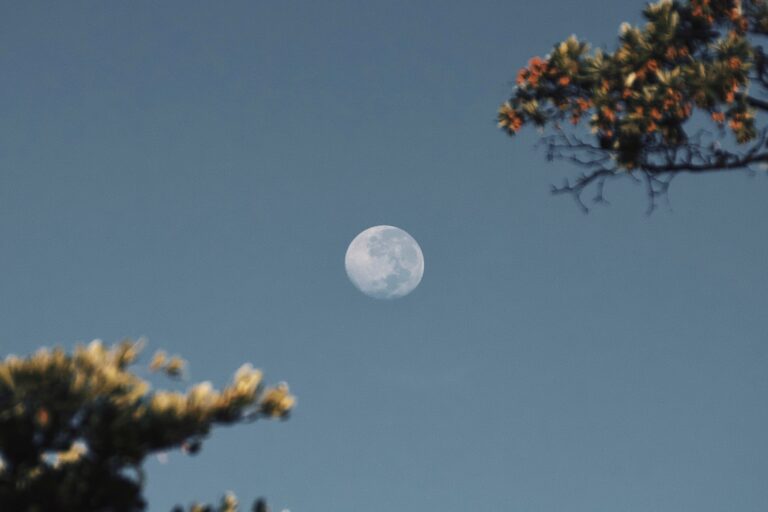DECEPTIVE NATURE

Often times we get so caught up in our day-to-day business that we get stuck up in our own head. All it takes is to pause for a moment, and just look up at the Night Sky. The gigantic piece of space rock hanging in the sky, orbiting our planet in a 27-day orbit, is often taken for granted. We call it the Moon. Our beloved Moon! The romantic and poetic sensation that it imparts, often makes one overwhelmed by it’s beauty, gaping at it with a sense of awe…
But how did it get there? How long has it been there orbiting our world? The answer to these questions are somewhat ironic, given the emotional characteristics one associates to the Moon. It turns out that the Moon is quite old! In fact, it formed just 60 million years after the formation of the Solar System. Looking at it from the perspective of the cosmic timescale, it is just as old as the Earth.
Extensive scientific investigation into the birth of our world, and its cosmic companion, has led to some startling revelation. There are multiple hypothesis in existence, but the most prevalent one being the giant-impact hypothesis. Scientists speculate that a rogue planet named Theia (estimated to be the same size as that of Mars) collided with nascent Earth, resulting in the formation of debris, which agglomerated to form the Moon as we see it today.
The beauty of this gorgeous artifact of Nature, floating in the sky, which symbolizes peace in some aspect, has quite an irony associated with its formation. The collision between the two planets, which resulted in the subsequent formation of the Moon is estimated to be 100 million times more powerful than the 11 km wide asteroid moving at an ungodly speed, that wiped out the Dinosaurs in a single afternoon approximately 66 million years ago…
We look up at the sky, and we see the Moon in a perpetual static state. What we don’t realize is that the Moon has been in that state since before there was any life on this planet. It has seen a planet transform in front of it: massive global events, volcanic eruptions, formation of oceans; single cell life springing into existence, evolving to large creatures; cataclysms of unfathomable scale wiping out hundreds, if not thousands of species in an instant; the moon has seen it all, remaining unaltered itself…
When we read about our past, it seems as if the events not only occurred in a different era, but also in a different world. But all one has to do is look up at the moon, and realize that it is a mirror in which we can see a reflection of our world; not a reflection of the present, but rather a reflection of the past.
It makes us realize that everything we know about the history of the world, it all happened on the same land we stand on. The world we take for granted, once collided with another planet. This is the same planet which was once inhabited by predators which are beyond any other species in terms of their might, which exist in the present times.
We get carried away conducting our daily chores, meeting deadlines, achieving goals, attaining success. Engulfed in the middle of all this chaos, we forget to pause for a moment, and ask the question: What are we doing? and Why?
What is it that we are supposed gain by living life in a particular manner, often influenced by the society and the culture which we are embedded in at a particular point of time? Why does it matter if we succeed/fail to achieve our goals and become successful/unsuccessful. Often times, happiness is not guaranteed in either of the outcomes.
This reminds me of the timeless quote by the great Carl Sagan: “Our posturings, our imagined self-importance, the delusion that we have some privileged position in the Universe, are challenged by this point of pale light. Our planet is a lonely speck in the great enveloping cosmic dark. In our obscurity, in all this vastness, there is no hint that help will come from elsewhere to save us from ourselves.”
The answer to big questions still remain unknown. The purpose of life is a question which has bothered every soul to have ever existed…
Although the answer to such questions are not easily attained; I am not sure whether such questions are even valid. But this should not refrain one from aspiring and achieving happiness!
When you feel lost, and life becomes stressful, just look up. Everything you see around you is a product of an accident. And out of all the possible outcomes, you are part of the one where you exist, are able to contemplate your own existence, and have stumbled upon this blog post. I don’t know whether to call it luck, but this is enough to be grateful for!